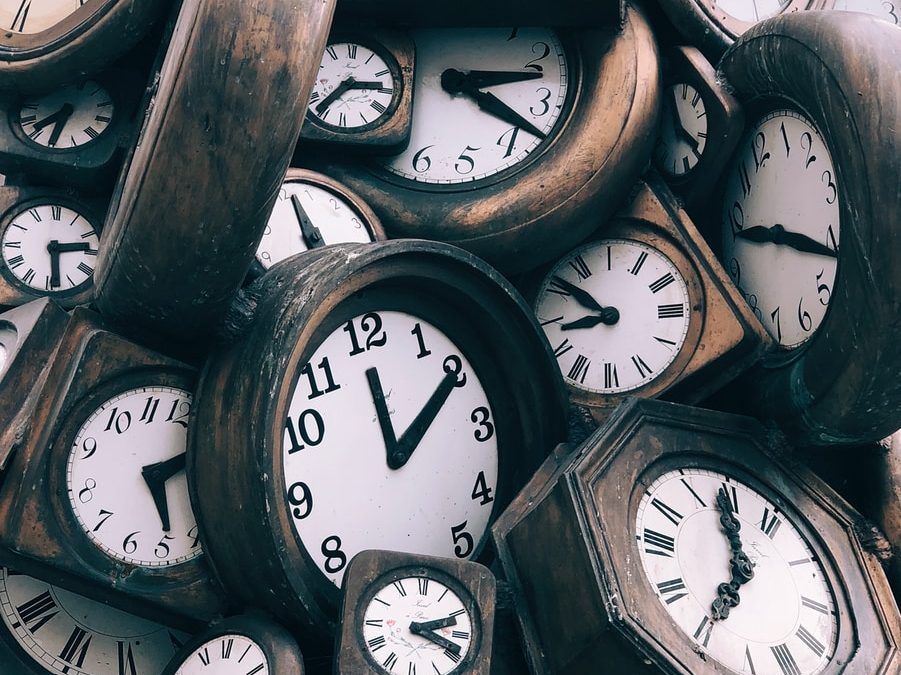I am writing this post for a couple of reasons. First: I promised myself I would be honest and vulnerable and truthful on these pages. All of it. Messy or otherwise. Second: the journey is the destination. Or the destination is the journey. Or the rabbit holes always find the other side, sometimes. But never on Tuesdays.
You’re completely correct if it appears I am making no sense. This is called stalling. I learned it from my kids.
I am writing this post, because I promised myself I would write about this, while pouring the glass of red wine that I had last week. And then double promised myself when I poured a second. I told myself as I sipped it: you can drink this tonight, but you have to write about it next week.
So here we are. And yes, I’ll tell you the full story. Cause there’s a third reason I am writing about this. Something more shifted that night. And that next day. And it really is part of the journey that I am on. It’s not just about some perfect counting clock that never resets. The journey to sobriety is not an abacus that continues counting to eternity without stopping. It is days like last week too, where you slip. The mistakes. The picking yourself back up, and dusting yourself off, and noticing the dust has collected in your cotton-ball mouth.
It is: continuing the journey anyway. Cause it’s the shame that takes you out of the game. Or so they say.
There is still shame lining this post. And yes, that is super hard. But I talked last week about doing hard things so let’s keep practicing.
Last week I realized part of sharing these posts with the world was protective. Cause I really don’t like disappointing people. And for some reason, the broken parts in my brain think I’m letting someone down, or ruining their night, when I do not drink the wine that is offered me. I’m scared of the reasons that I provide not being accepted or worse, resulting in MORE questions. Or EVEN WORSE, making those offering feel like they can’t drink wine around me.
So by sharing in these posts, I felt as though I was sending out warning bells so everyone would know. Thus preventing me from having to do the hard work of telling them to their actual FACE. Spoiler alert: this blog does not have that amazing of a distribution list and I ran into an actual human being that had not read it last week. And all the phrases I had saved up and practiced in my head, dissipated into the air unspoken. I didn’t use:
Oh no thank you, wine and I are taking a break.
Oh the kids challenged me to a year without wine! Those stinkers.
Thank you, but I’m good!
None of these well thought through and rehearsed responses. Instead I smiled, and said: Yes.
And this is where things get interesting. Because I had made it past the first couple of weeks that typically get you through the physical addiction part. So the first sip was not laced with the usual “ahhhhhhhhhh” feeling of contentment and relief. This feeling was definitely most pronounced in my wine drinking days, on the days that I had tried very hard to abstain. For a week, or 24 or even 6 hours.
And then I noted, it didn’t even taste that great. And it was GREAT wine. I noted the taste, as if doing an experiment, because if I distracted myself with a science experiment the shame would also be placed at bay for awhile longer. I noted the way my tongue was instantly kind of fuzzy. I noted the sour-grape-sting. I noted that the alcohol rush around 20 minutes wasn’t all that amazing. I noted that I became instantly foggy and noted as my tongue got heavy and tied.
But then, as previously mentioned, I had to try a second glass. For science, obviously. But I continued taking notes, and I was dreadfully honest with myself about how I felt. And how I could feel the pull for another glass. Another bottle. That it was not ever going to be enough if I let myself start.
And I noted that my kids were watching. They may not have registered these glasses, in contrast to the challenge they had given me. But I knew they were watching. They didn’t call me on it. But it made me think long and very hard about what kind of example I was making in that moment.
And that part was really hard. But that hard part helped me do this next hard part, because I realized I had to start talking to myself – honestly – the way I want to talk to my kids about this stuff. And I know to my very core that if my son or daughter were dealing with addition like this, and found themselves slipping and failing, that I would tell them:
It’s ok to fail. It’s what happens next that’s important. So pick yourself up. And try again.

